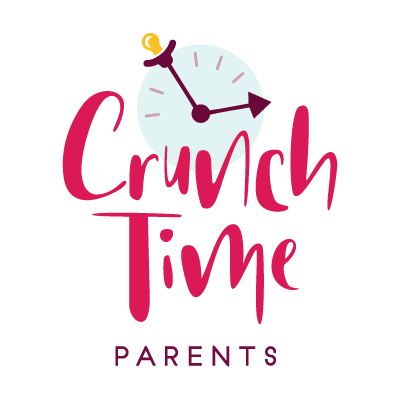This New Study on Advanced Maternal Age Pregnancies Is Full of Positive News (Despite the Headline)
/If you're thinking of getting pregnant at advanced maternal age (i.e. at 35 or older), you've no doubt heard about the risks by now: higher rates of chromosomal abnormalities, miscarriages, and pregnancy or childbirth complications. But a substantial new Swedish study of more than 350,000 women shows that the increased risk isn't as high as you might think, and the chances of a healthy outcome are overwhelmingly positive.
The study was published in the March 2018 issue of the journal Obstetrics and Gynecology, and it's worth reading the report itself for more perspective on the findings. Healthline has a detailed article about the report, which despite its dire-as-usual headline ("Giving Birth Later in Life May Increase Certain Pregnancy Risks), has an ultimately reassuring takeaway. The Cliffs Notes version is this:
As Healthline puts it, the study found that "women over age 35 had an increased risk of certain complications, although overall, the risk of these complications remained low."
The nitty-gritty: "Among women who were 20 to 34 years old, 0.56 percent had a fetus with chromosomal abnormalities. In comparison, the percentage of older women who had a fetus with a chromosomal abnormality was more than double. They found that 1.3 percent of women aged 35 to 39 years, and 3.8 percent of women aged 40 years or older, had a fetus with chromosomal abnormalities."
The 3.8 percent chance of chromosomal abnormality is definitely not negligible, but it's not the astronomical number that certain fear-mongering articles and doctors would have you believe.
As for the miscarriage risk, the Heathline report adds, "Nearly 1 percent of women aged 35 to 39 years, and more than 1.6 percent of women aged 40 years and older reported having a miscarriage." That's compared to a 0.4 percent risk for the 20-34 group. The 1.6 percent rate for the 40-plus group is not a number to be taken lightly, but it's not as high as some would fear.
The most encouraging comment about the latest data comes in a related article, via Dr. Nathan Fox, a maternal-fetal medicine specialist based in New York City. He had this to say:
“Generally, if a woman comes into the pregnancy healthy — she doesn’t smoke, she’s not obese, she doesn’t have heart disease, she’s fit, she’s well — and the only 'issue' she has is that she’s over 45, generally the outcome is going to be very good for her," Fox said.
“She may get high blood pressure, she may get (gestational) diabetes, she may have a C-section, but typically, she’s going to come out doing well, as is her baby. That’s what most of the research shows,” he said.
For more on the Swedish study, check out this report in Obstetrics and Gynecology.
Photo by Jordan Whitt via Unsplash.



















